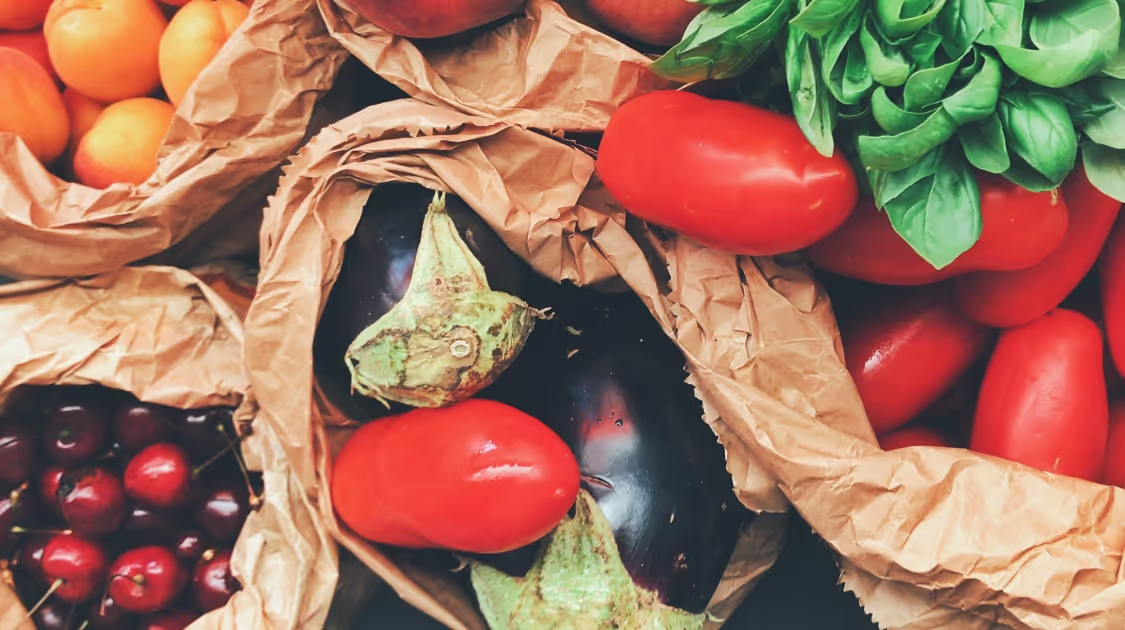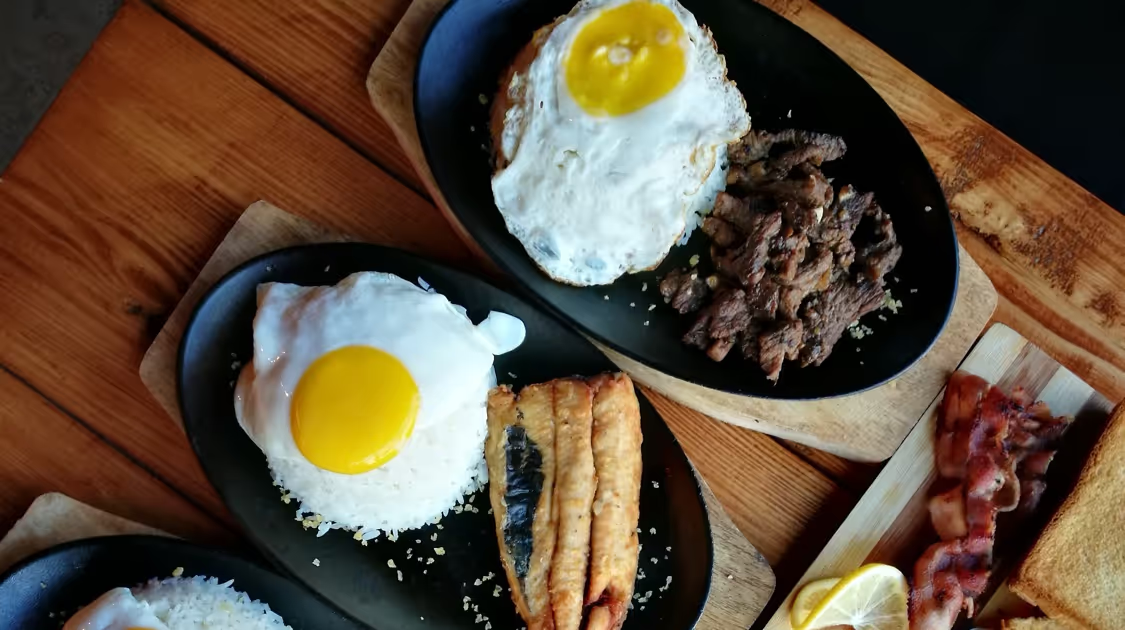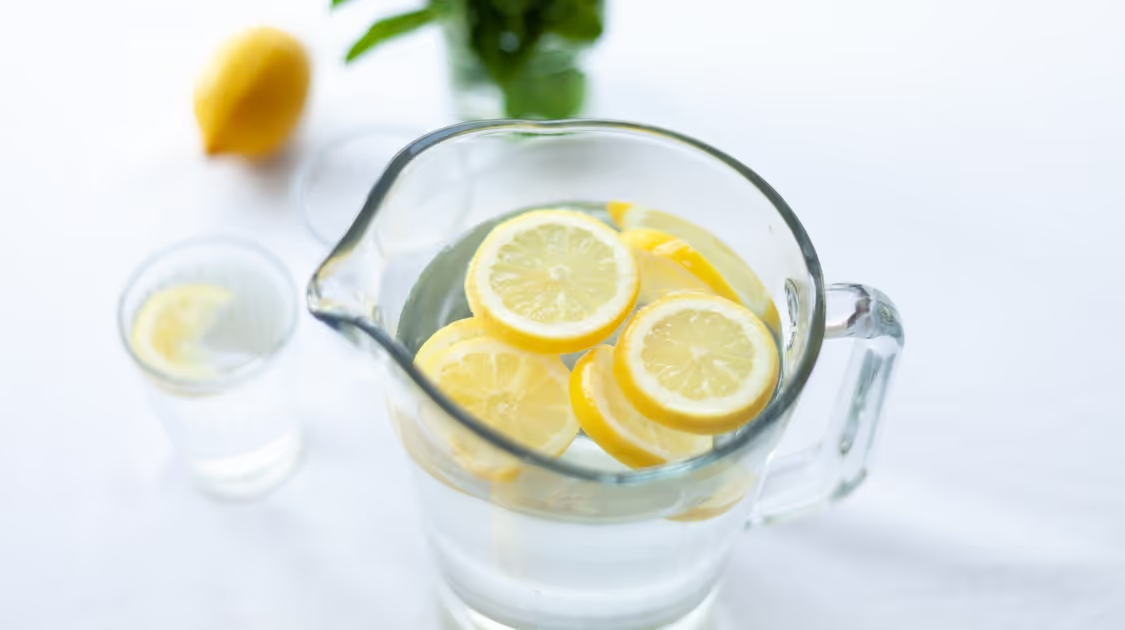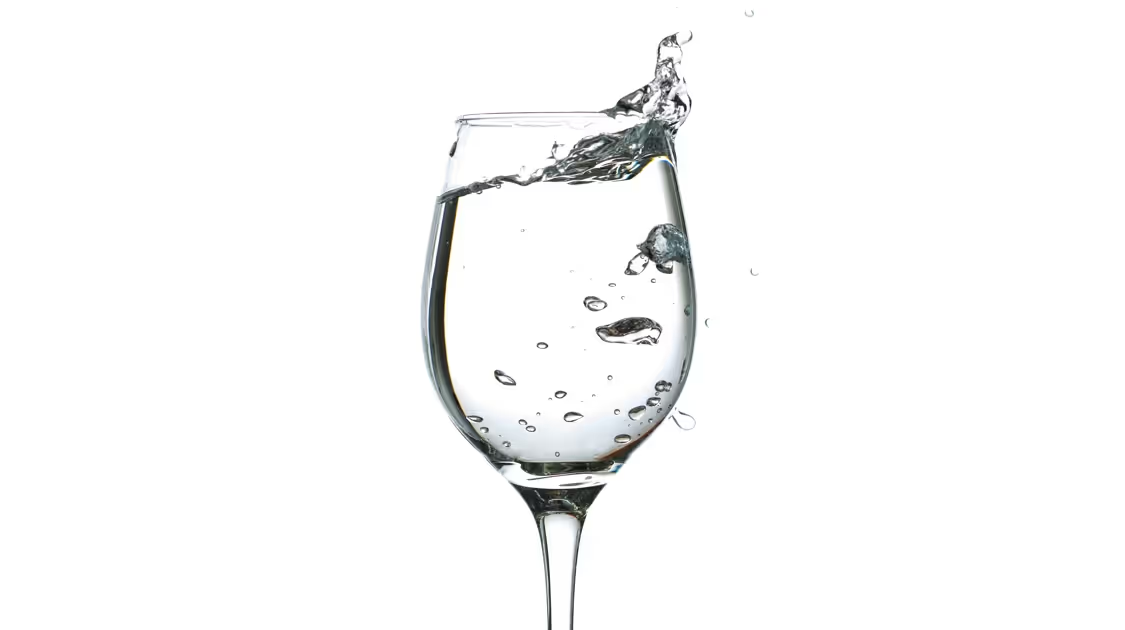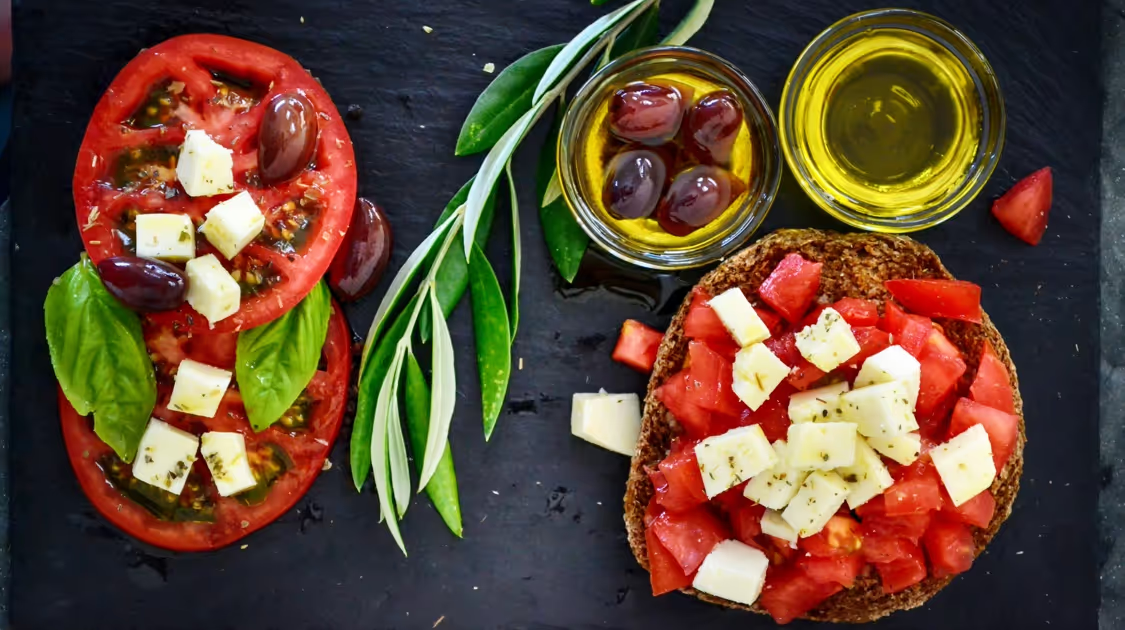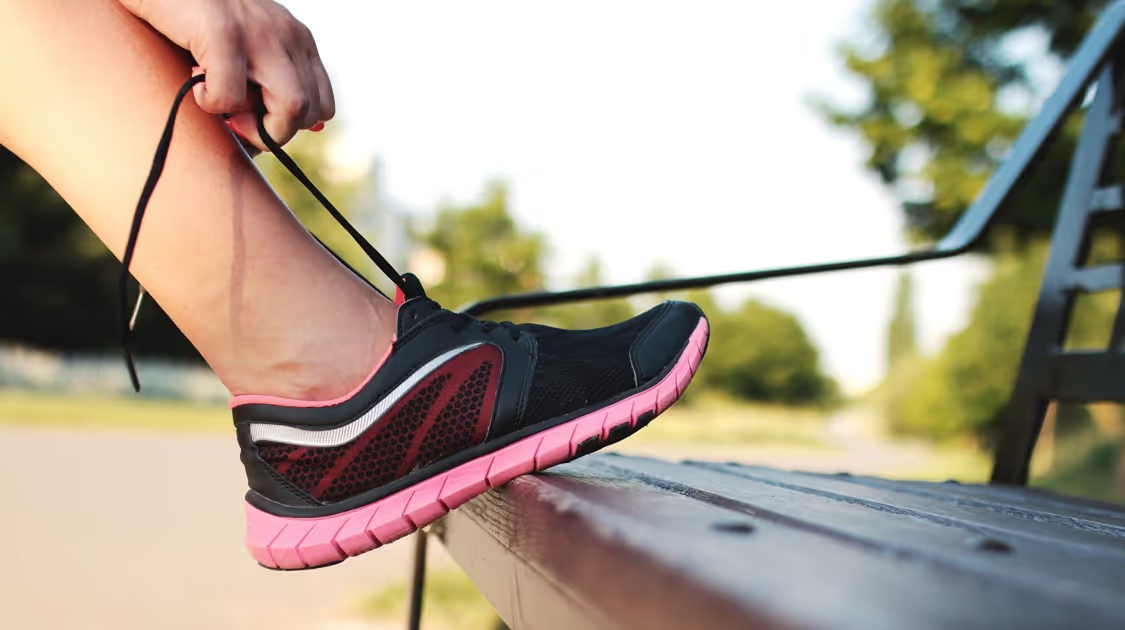Paleo Diet
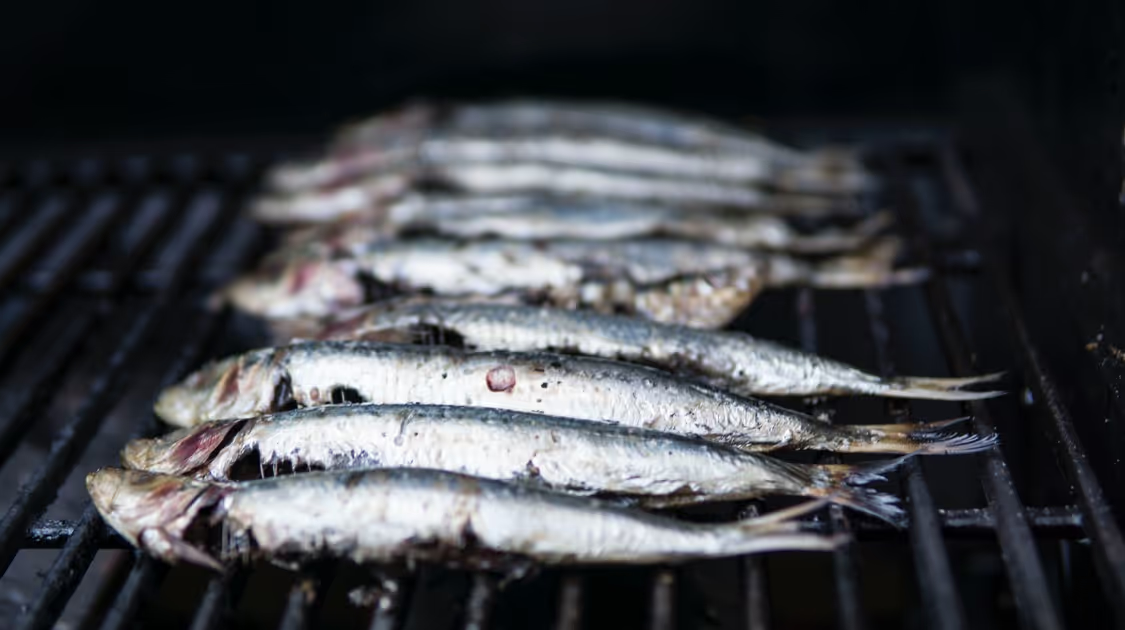
Diet Behaviors
Exercise Behaviors
Lifestyle Behaviors
What is the Paleo Diet?
The paleo diet is designed to resemble what human hunter-gatherer ancestors ate thousands of years ago. It is primarily a diet consisting of nutrient-dense, toxin-free, whole foods such as, vegetables, fruits and meat; moderate intake of nuts, berries and honey; low intake of grains and no intake of milk or dairy products, legumes, salt, alcohol or refined carbohydrates.
The theory is that our ancestors did not suffer from the same chronic diseases our populations suffer from today due to their whole food diet and active lifestyles. By mimicking the diet of our ancestors, experts have shown many improvements across the markers below.
It is generally believed that diets rich in Monounsaturated and Omega-3 fats dramatically reduce the instances of obesity, cancer, diabetes, heart disease and cognitive decline.
The Difference Between Paleo vs Whole30: Paleo eating is a long term lifestyle, while Whole30 is meant to be a reset for your system. The Whole30 diet eliminates all the same foods as paleo but also includes limits on: Sugar in all forms, including honey, maple syrup, coconut sugar.
What does the Science Say?

The Impact of a Paleo Diet on Visceral Fat:
The paleo diet is naturally high in protein, low in carbs and contains no processed foods or sugars. The diet is also reported as being very filling and can help reduce snacking and overeating.
70 participants lost 2.5 times more weight after six months and two times more weight after 12 months on the paleo diet compared to Nordic nutritional recommendations (3)

The Impact of a Paleo Diet on Insulin Resistance:
Even short-term consumption of a paleo diet can improve glucose tolerance, decrease insulin secretion and increases insulin sensitivity without required weight loss in healthy sedentary humans (2) (5) Triglyceride levels decreased significantly over a 6 month and two year period on the paleo diet compared to Nordic nutritional recommendations (3)

The Impact of a Paleo Diet on Cardiovascular Health:
Consuming a Paleolithic-type diet for only two weeks resulted in lowered blood pressure, cholesterol, and triglycerides, and raised HDL cholesterol better than a diet recommended by the Dutch Health Council (1)

The Impact of a Paleo Diet on Inflammation:
The paleo diet is high in foods that have been studied to reduce inflammation (4)

The Impact of a Paleo Diet on Insulin Resistance:
Even short-term consumption of a paleo diet can improve glucose tolerance, decrease insulin secretion and increases insulin sensitivity without required weight loss in healthy sedentary humans (2) (5) Triglyceride levels decreased significantly over a 6 month and two year period on the paleo diet compared to Nordic nutritional recommendations (3)
Starting a Paleo Diet
It is recommended to talk to a doctor before starting any diet, and there are many online programs and recipes for people looking to start a paleo diet or lifestyle.
A paleo diet involves eliminating processed foods, milk and dairy products, legumes, salt, alcohol and refined carbohydrates.
Paleo dieters also generally reduce their consumption of nuts, berries, hone, and grains and focus primarily on eating whole foods such as vegetables, fruits and meat.
See also:
Analysis of low fat vs. low carb diets (6)
Synopsis of the macro view of Paleo (7)
Unfortunately, most of the research on the Paleo diet is relatively new but it is a topical area for ongoing research.
Other Behaviors
References
(1) https://www.ncbi.nlm.nih.gov/pubmed/25304296
(2) https://www.ncbi.nlm.nih.gov/pubmed/19209185
(3) https://www.ncbi.nlm.nih.gov/pubmed/24473459
(4) https://www.healthline.com/nutrition/13-anti-inflammatory-foods
(5) https://link.springer.com/article/10.1007%2Fs00125-007-0716-y

